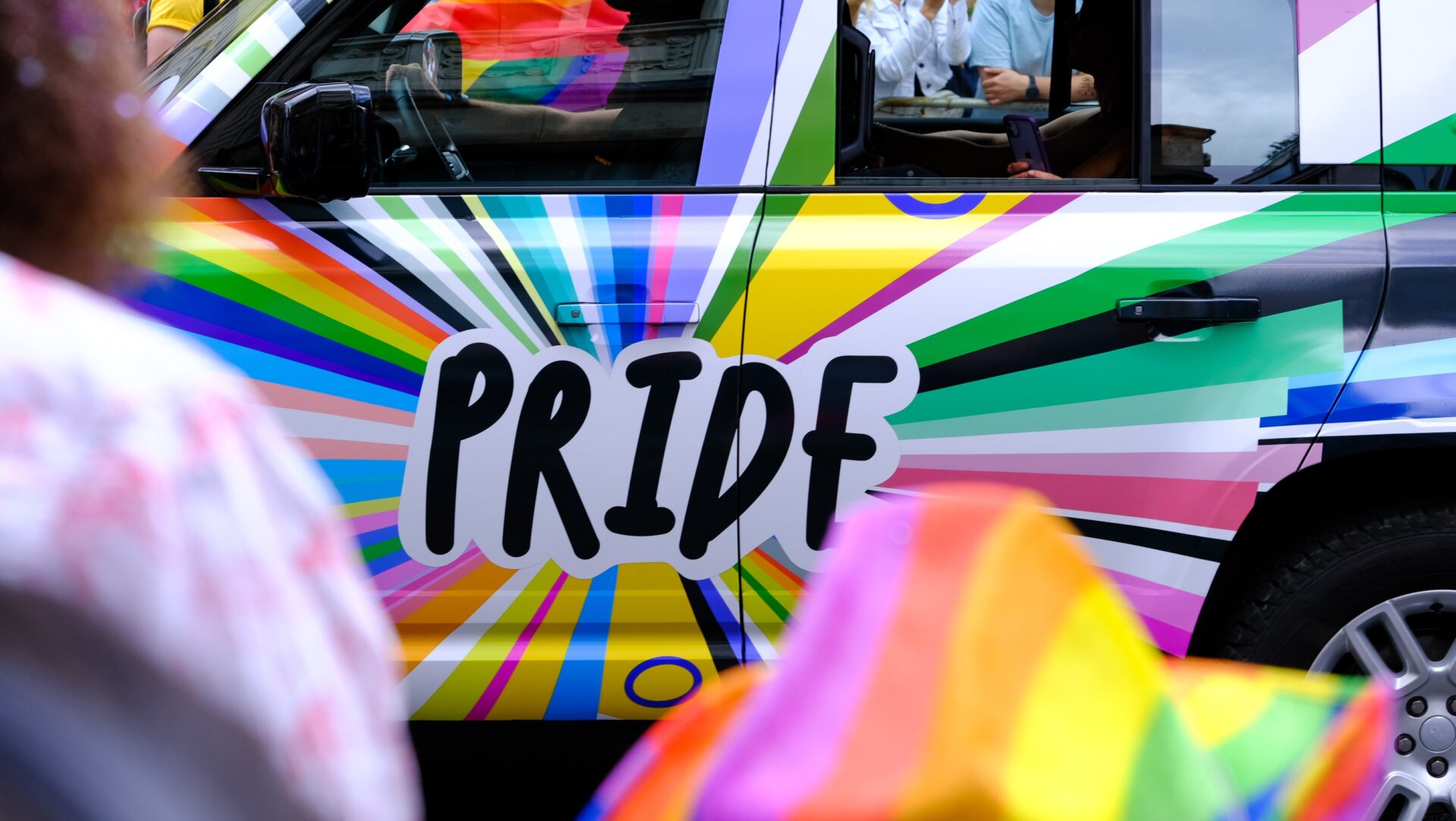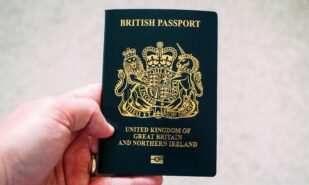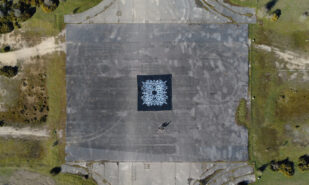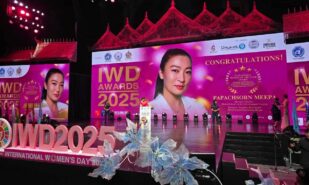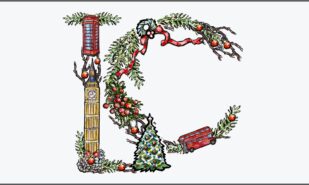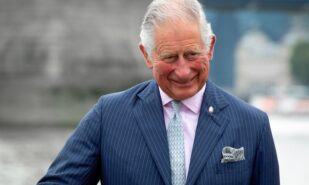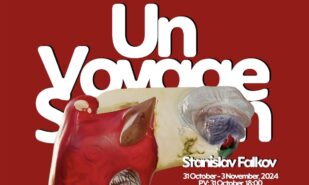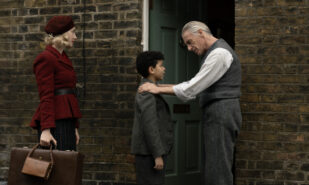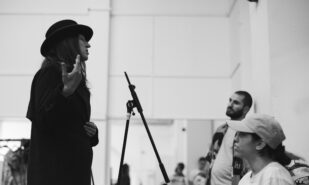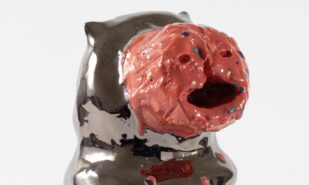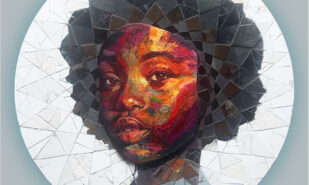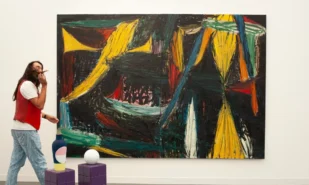Pride Parade 2023 is now over!
Yesterday, July 1, one of the largest parades celebrating LGBTQ+ people and culture took place. The London parade lightened the main central streets and squares of London in an iridescent gamut: on Trafalgar Square, guests of the holiday could watch an entertainment program and buy food and drinks; speeches and performances dedicated to LGBTQ+ women and non-binary people were organized in Leicester Square; Pride also organized stages in Golden Square and Soho, where in the former the audience could see the talent show from Cocoa Butter Club and Club Kali, and in the latter they could watch performances from the trans community. Also, one of the venues was the family zone at St-Giles-in-the-Field, where queer families had the opportunity to participate in interactive contests and games with their children.
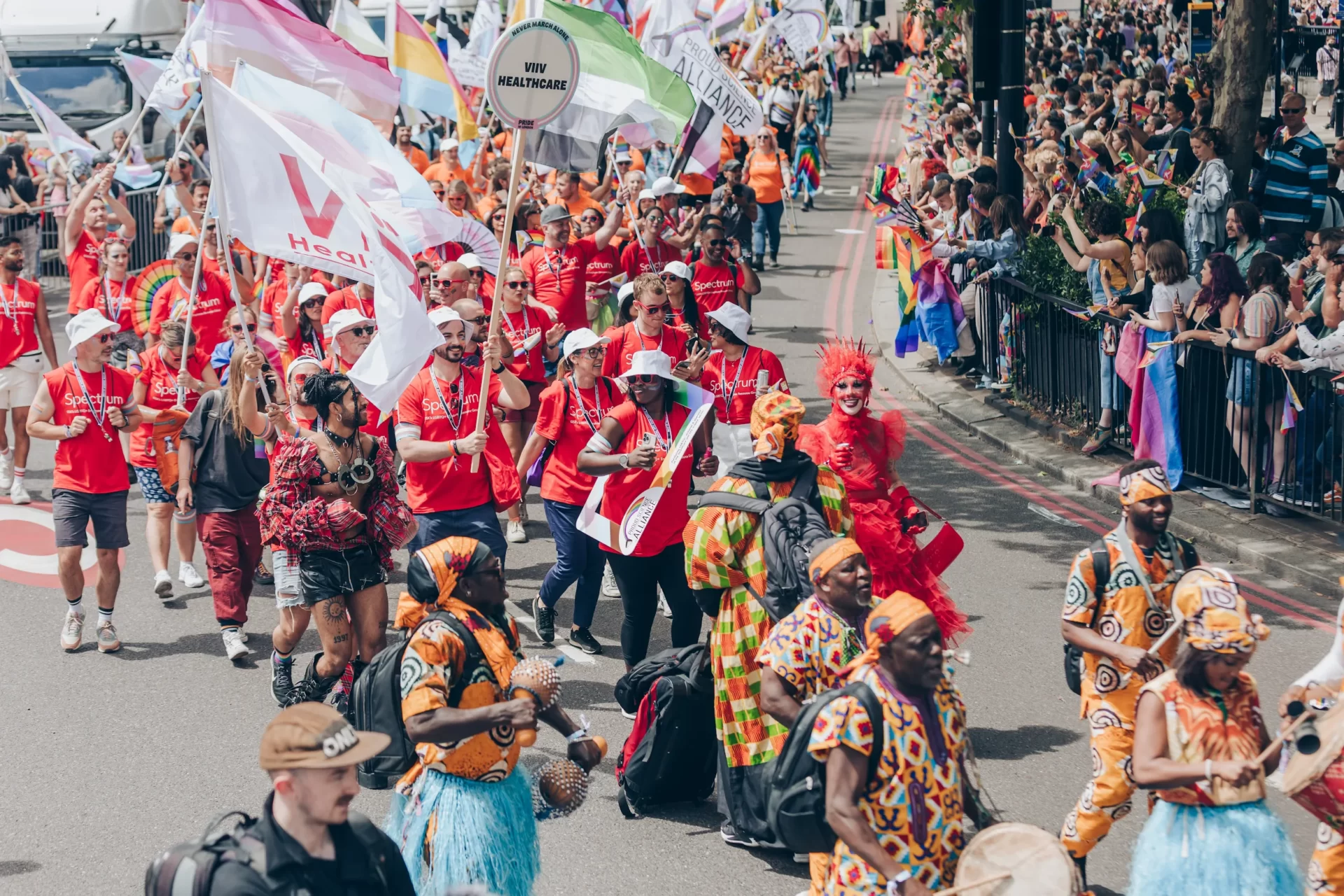
The main theme of the parade this year was the hashtag Never March Alone. The organisers explain the choice of theme by saying that today the queer community is marching with trans people and celebrating their rights and culture in response to transphobia in the media and negative and hateful portrayals of trans people by politicians. In honour of the chosen theme, the organizers have also compiled a project describing the individual stories of trans people, which can be read here.
A Ukrainian column, organised by Ukraine Pride and the volunteer group Support Ukraine London, also became part of the parade. The column was led by Ukrainian singer Olya Polyakova in a futuristic costume with a sword and armour, personifying Ukraine’s struggle in the war. The costume design was created by Mü production brand, who normally work on Polyakova’s concert looks. The organizers of the Ukrainian column in their post on Instagram note that many representatives of the LGBTQ+ society have joined the Armed Forces of Ukraine, and with that they are “thankful to the UK for the assistance already provided and urge the British government to expedite the supply of air defence systems to Ukraine.” The Tbilisi Pride movement also joined the Ukrainian column.
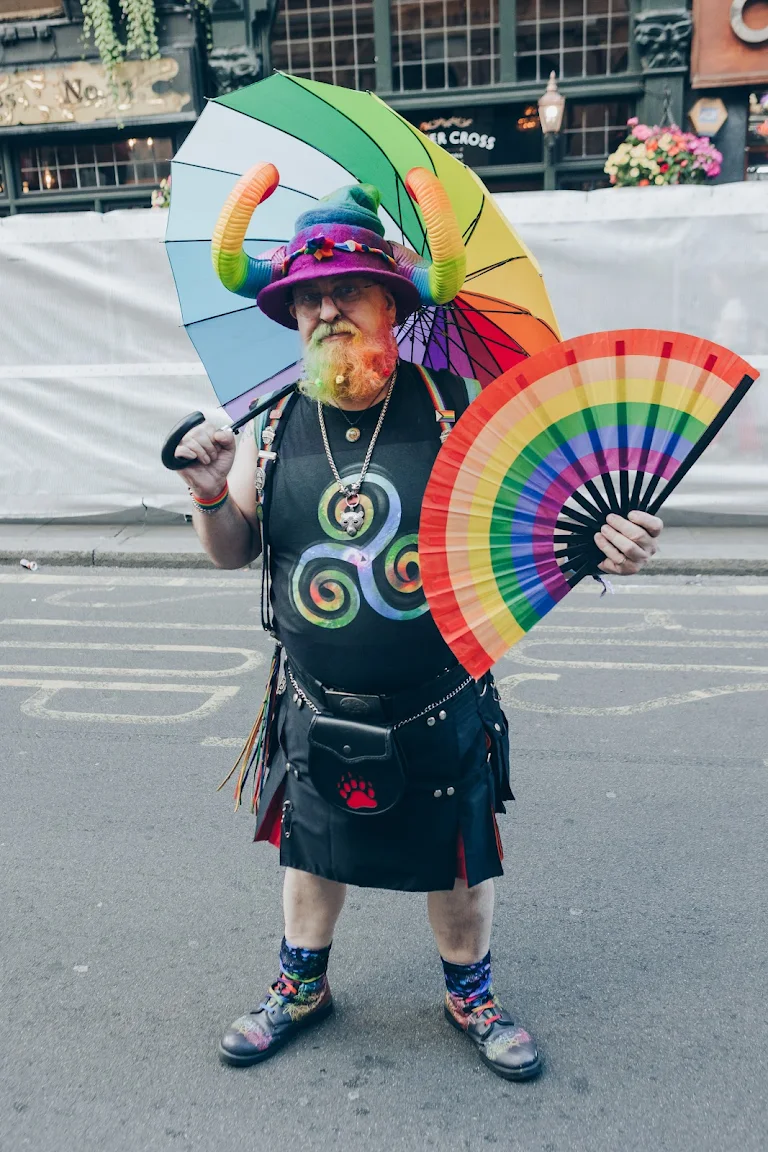
At the Russian embassy, the Russian Democratic Society organised a Pride Rave, where representatives of the Russian LGBTQ+ society had the opportunity to come and celebrate Pride in spite of the discriminatory laws in the Russian Federation. DJs with professional equipment stood right on the street, and guests and activists had the opportunity to draw posters and tell passers-by about the situation with the rights of LGBTQ+ people in Russia, as well as donate money to QueerSvit, an organization that helps all LGBTQ+ people affected by the war.
However, despite the generally prevailing atmosphere of happiness, celebration and acceptance, it is very often impossible to avoid a fly in the ointment even in the most popular and inclusive events. The idyllic Eden-like atmosphere of the parade was briefly interrupted by Just Stop Oil activists who blocked the road at the intersection of Piccadilly and Down Street. Activists, who include members of the LGBTQ+ community, explained that they are blocked the parade because Pride organisers accepted sponsorship from environmentally destructive companies, specifically Coca-Cola. Representatives of Just Stop Oil also explained in a statement that they met with the organizers of the Pride to discuss their sponsoring partners, but, according to representatives, the Pride team failed to “issue the statement condemning the new oil and gas licenses.”
“Who do you think will be the first to suffer the consequences of societal collapse? It will be marginalised communities, such as the LGBTQ+ community. Pride have a responsibility to take action to protect their community, and they are failing.,” claimed Just Stop Oil.
So, what conclusions can be drawn from the ideological clash between two important organisations like Pride and Just Stop Oil? Can those who wait for the Pride parade every year in order to feel free and like themselves, afford a similar attack on the organizers of the pride – which grows and develops every year? On the other hand, should the pride team think about who sponsors them and what will be the consequences in the world from the businesses with which they cooperate, in particular Coca-Cola?
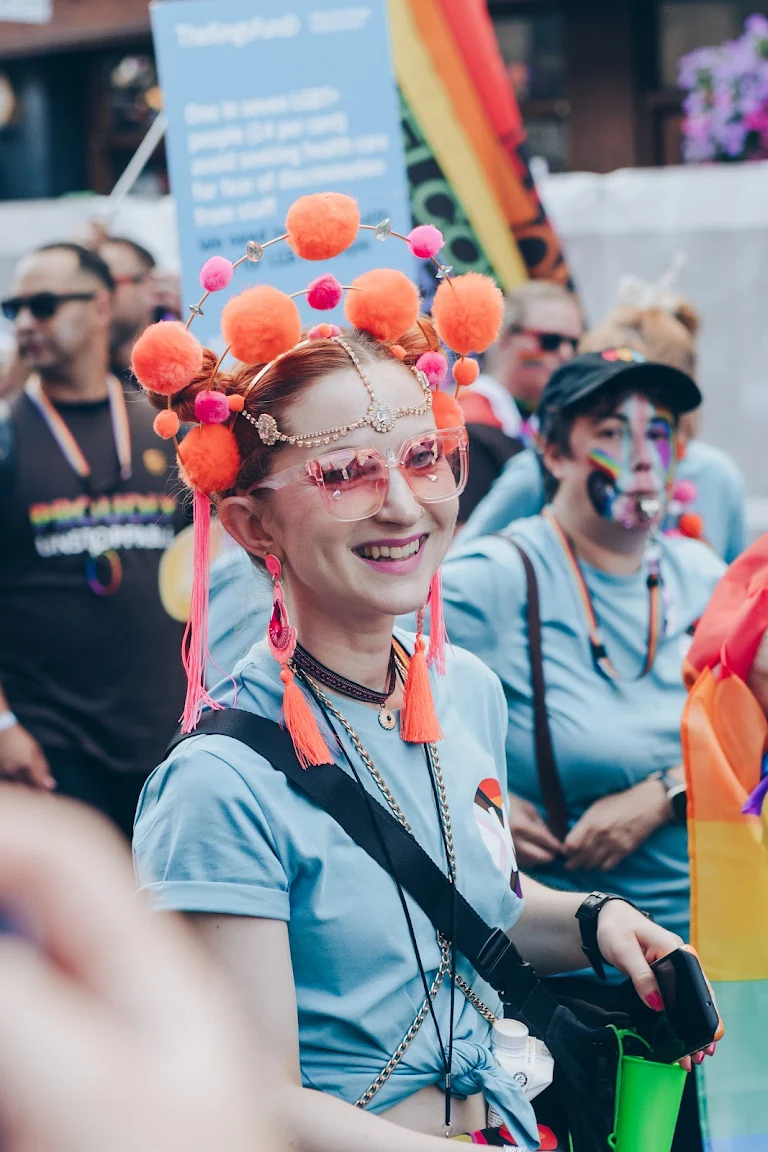
Can an inclusive and free world exist without a specific political, activist or critical agenda? I think everyone will have their own subjective answer to this question.
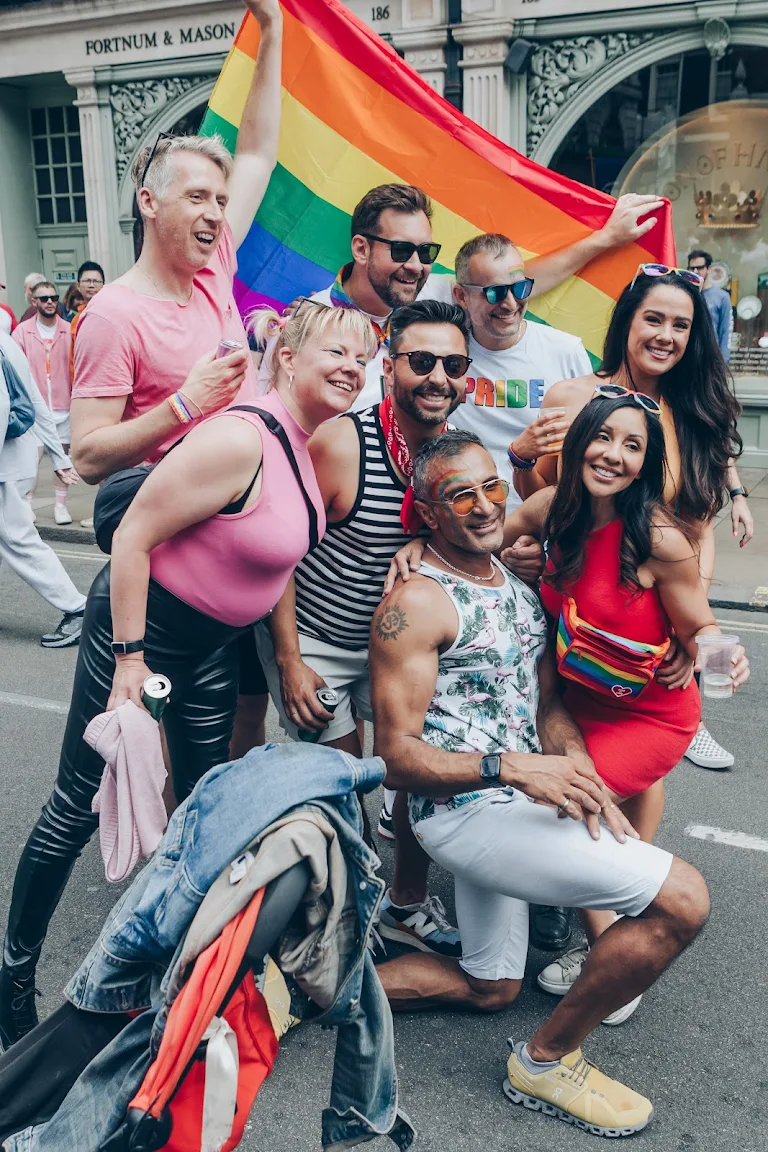
In the meantime, I can recommend you visit the Pride website and read articles made by their volunteers: for example, an article written in memory of the often forgotten victims of the Holocaust – queer people who had to wear a “pink triangle” on their shoulders and were sent to concentration camps during World War II.
Learn new things, read the history of LGBTQ+ people, support organisations fighting for the rights of the queer society and, perhaps, thanks to such efforts, the world can become a much freer and kinder place!
Credit by @kostos_bravo

